Leila Shaheed "Guardian Angel" Written by Hassan Al-Balaawi

- Europe and Arabs
- Wednesday , 18 January 2023 14:22 PM GMT
Leila Shaheed "Guardian Angel"
Written by Hassan Al-Balaawi
I heard for the first time the name of Laila Shaheed, in France, in the mid-eighties, when I was active in the General Union of Palestinian Students in the city of Besançon, through Muhammad Youssef, the secretary of the Palestinian National Liberation Movement - Fatah - in France at the time, and I asked him to guide me to a personality A Palestinian, speaking in French, speaking at a solidarity event for Palestine, so he advised me to communicate with her, saying good words about her, but what settled in my ears then and until now, is that she is a "student of Ezzedine Al-Qalq", the second director of the office of the Palestine Liberation Organization in Paris, and he is the owner of the cultural school And the distinguished journalist in the Palestinian diplomatic work, who succeeded Mahmoud Al-Hamshari, the first representative of the Palestine Liberation Organization in the French capital, who was martyred in early January 1973. As for anxiety, his fate will be, after a few years, and in Paris also, at the beginning of August 1978, the same fate as his companion on his path, Al-Hamshari.
I spoke with Laila and she welcomed the idea, but she apologized for participating in the required date due to previous commitments, then she cut off her choice from me and I left France after the end of my studies, and the days passed and her name returned to my hearing in the middle of 1993, when the late President Yasser Arafat appointed her as director of the office of the Palestine Liberation Organization In Paris, or in a more correct sense, the “General Commissioner for Palestine in France,” after the decision of the late French President Francois Mitterrand in 1989 to upgrade the Palestine Liberation Organization in France, from the “Information and Communication” office, which was opened in 1975, to a general commission and then later To the "Palestine Mission" starting in 2012.
A few days after Leila Shaheed assumed her position in Paris, that is, in the summer of 1993, after she had previously been the director of the PLO office in the Netherlands and Ireland, as the first Palestinian ambassador to the world, I was visiting Paris, coming from Tunisia, where I was working in the "Unified Media" apparatus. The Palestinian, an envoy of the magazine "Palestine Al-Thawra", the central magazine of the Palestine Liberation Organization (founded in Beirut in 1972 - moved to Cyprus after 1982 and ceased publication in 1994). Whether he was in Paris, in Gaza, in Ramallah or in Brussels, where he was appointed ambassador to Palestine at the beginning of 2006.
I will not recount here the career of Laila Shaheed, even if briefly. This has another status, and it really deserves a whole book. I know from journalists and directors that she was constantly evading them from making a book or a movie about her, as she is very scarce in talking about her personally at the time when she is She is very generous in talking about others, as the well-known Lebanese writer Elias Khoury said about her a while ago, at the opening of a conference on Mahmoud Darwish recently in Ramallah, where Shaheed participated remotely as the honorary chair of the cultural and university chair of Mahmoud Darwish in Belgium, when he described her. In the Guardian Angel” which guards the memory of Mahmoud Darwish and the French writer Jean Genet, the owner of the work “A Prisoner of Love” about his experience with the Palestinian guerrillas in Jordan and “4 Hours in Shatila”, which Lily knew closely, and other activists and intellectuals.
Perhaps the exception, which Laila gave in this matter when talking about her life, was for a French journalist and director named Patrice Parra, by making a documentary film that monitors her career, and he left our world a few years ago, and Laila appreciated him, as he wrote a lot about Palestine and directed a number of films He is the son of an important media and political figure named Robert Barra, who supported the contemporary Algerian revolution against French colonialism. He was one of the few French journalists who wrote about the Palestinian Nakba since 1948, in a lengthy investigation on refugees in the newspaper "Christian Testimony", which was The only newspaper in France that considered that what happened in the Palestinian Nakba is colonialism, at a time when most of the French media, including the left, welcomed the establishment of the State of Israel on the ruins of the Palestinian people, and Patrice is also the son of the honorable Mrs. Denise Barra, who used to preside over an association in Paris "Supporting the heritage of the Palestinian people", and she was defending the Palestinian right everywhere, and perhaps the will of a martyr, to give this journalist and director the opportunity to document part of her life in a documentary while she visits Palestine, a gesture He sees him, and through him, honors his parents, and perhaps it is worthwhile for me to come back later and write about the Bara family, parents and son.
I will talk here about Lily's entry into the Belgian arena on the cultural and media level, as she once told me, which helped her enter the political scene, just as she did in France when she was the ambassador of Palestine there when she launched, in partnership with the French Ministry of Culture, the "Palestinian Spring" demonstration in 1996, which lasted for months and in several French cities. It was the first demonstration that presented the Palestinian culture on a large scale. For the first time in France, dozens of works by Palestinian writers were translated into French and printed by the most important French publishing houses interested in the Arab world.
Leila did not want, after Paris, to go as ambassador to Washington, London, or even Rome, as the Palestinian Foreign Ministry offered her, but she chose Belgium due to its proximity to France and because the French language, which she loves, is one of the official languages of Belgium, and Brussels hosts the headquarters of the European Union and its institutions. The multilateralism that Laila wanted to work in as a framework for multilateral action, after she worked for many years in the field of bilateral work, except for Laila’s admiration for Belgium as a small country that has a peculiarity in national and cultural diversity and its openness to many cultures of the world by virtue of successive migrations.
The new Commissioner-General for Palestine arrived in Brussels in early 2006, to succeed the late veteran diplomat, Shawki Armel. Y, which I will inevitably return to in one of the articles for the important role he played in the events of an important transition in the Palestinian-Belgian relations, since 1981 after the martyrdom of Naim Khader, the first director of the office of the Palestine Liberation Organization since 1975, in early 2006 at a time when Palestine knew an event The media called it a "political tsunami" represented by the Hamas movement winning a parliamentary majority in the second legislative elections of the Palestinian National Authority and forming a one-color government, which prompted the United States of America and the main European countries to stop aid to the Palestinian National Authority and reduce communication with it, and Belgium was the country that It embraces the institutions of the European Union, in addition to the headquarters of the Atlantic Treaty Organization, following this approach.
Within these circumstances, it was necessary for the Palestinian ambassador to strive to accomplish an influential cultural work in Belgium, as she did in France, that would allow her to communicate closely with the Belgian and European political elites, the decision-makers.
It coincided with the arrival of Shaheed to Brussels, when she received an invitation to attend the inauguration of a cultural institution called "Boghazian", which was known by virtue of her having lived in Lebanon, that Boghazian is the name of a Lebanese-Armenian family, originally from Aleppo, who had an activity in humanitarian work to support the Armenians in Lebanon and found Lily in front of her is a family member named Jean Bou Ghaziane, whom she knew from Lebanon, and he is the one who heads this institution in the old Qila headquarters, deserted in the Belgian capital. And the Belgian economy, which is also known for its fondness for Egypt and its civilization, has been established in Cairo, the Heliopolis neighborhood, which includes the famous Baron's Palace.
Jean Boghziane, whom Lily had not seen for twenty years, told her that the one who invited her to attend this event was not him, but rather a Belgian woman who would run this institution and her name was Diane Ampere. Brussels sent her an invitation to the Palestinian embassy.
Soon, the growing friendship between the two women spread, and Lily knew that her new Belgian friend had found a unique school that she called “out of the box” and was based on “a system of holding workshops and not traditional exams to evaluate students. This school was able to attract students who failed academically in the traditional school, but succeeded.” In the new school, and most of the students of this school come from Arab or African circles that live in difficult socio-economic conditions, and therefore they do not have the time and ability to take care of their children in the required manner, and who spend more time in the street than they spend at home, and some of these children entered prisons for committing small violations. And the moment this young man enters prison, he enters a path, and it becomes difficult for him to get out of it alone. When he finds this young man reaching out to him, he tries to help him, but he responds to it most of the time, and this helping hand is the school in particular.
Mrs. Diane did not study education, but she studied philosophy, "and she has boldness in her thinking, generosity in her heart, and financial capabilities that were provided to her by her husband, a well-to-do businessman, who bought a large house in which Diane established her distinguished school."
Belgian families also contribute to supporting this school by adopting each one of them as a student, and there is a council that includes all these generous families. Art, such as theater, singing, literature, and cinema, occupies space and hours in teaching, while preserving the teaching of theoretical educational subjects such as language, history and geography, with the exception of scientific subjects such as mathematics and chemistry. Because this school, meaning “outside the box,” does not aim to replace the traditional school, but rather aims to allow students to regain their self-confidence.
Diane also enlists the help of the best artists, writers, sociology professors, and even eminent professors from universities to give free lectures to students, and many of these celebrities talk about his life and his difficult beginnings, in a way that gives students confidence in themselves. Lilly also attends school board meetings as one of the school sponsors. .
So, in light of the stalemate in the official Belgian-Palestinian and European relations in general due to the control of Hamas over the Palestinian government in 2006, Shaheed chose cultural diplomacy, which she had mastered for a long time, so she went to the Minister of Culture in the Government of the Wallonia-Brussels Region, Mrs. Marie-Dominique Simoni (because Culture, education, health and other social fields are the prerogatives of the regional governments in Belgium, unlike the ministries of sovereignty (such as defense, foreign affairs, justice and finance, which are the prerogatives of the federal government), to carry out an important cultural work with the Belgian state, similar to the “Palestinian cultural spring” that it carried out in France, since years, in partnership with the French state through its agencies concerned with cultural affairs.
The Belgian minister, who is known for her sympathy with the Palestinian people, advised her first to prepare a complete project and for this project to bear the name of a respected and credible cultural figure such as the poet Mahmoud Darwish, and secondly to go to the President of the Belgian Federal Parliament to vote on the budget for this cultural project under the item that Palestine is classified, and before 2006 As a priority country, with a number of African countries that enjoy official cooperation and support from the Belgian state, and fortunately the President of Parliament was the Socialist Minister Andre Flauw, known for his support for the struggle of the Palestinian people, who presented a draft resolution to support this cultural project, which won a positive majority vote, and was finally put The Minister, Ambassador Shaheed, is in contact with one of her assistants, Charles Etienne Lagasse, who helped her complete this file. He also introduced her to a woman who runs one of the important cultural institutions in Brussels, and her name is Fabian Esther.


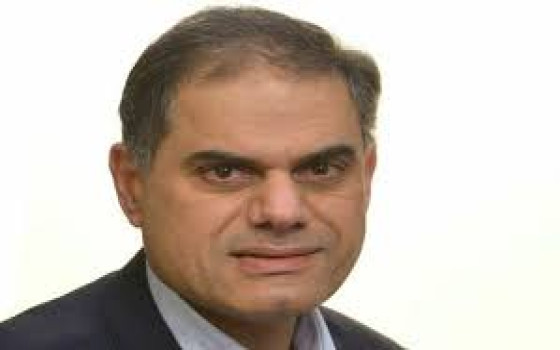
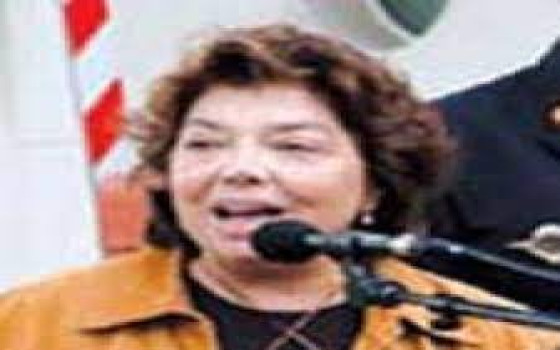
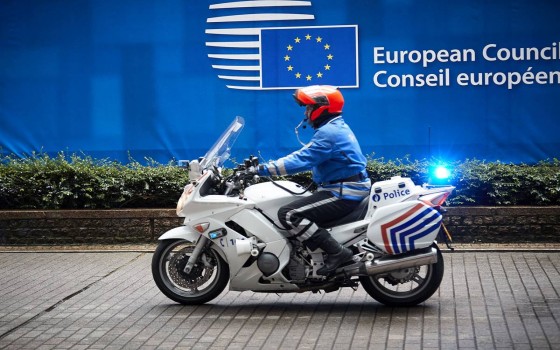

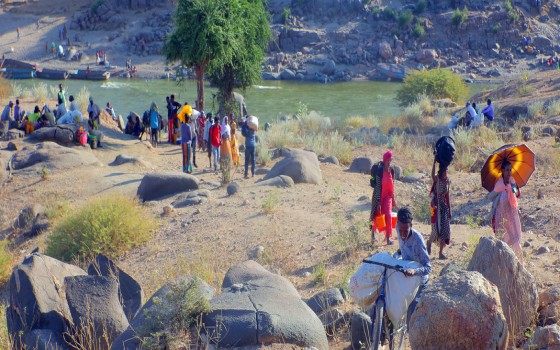

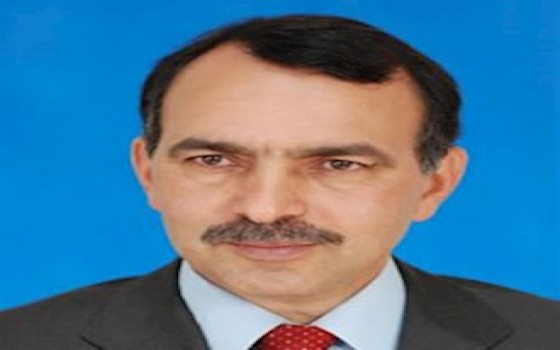
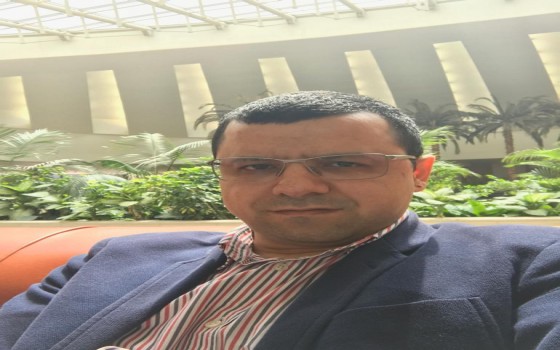
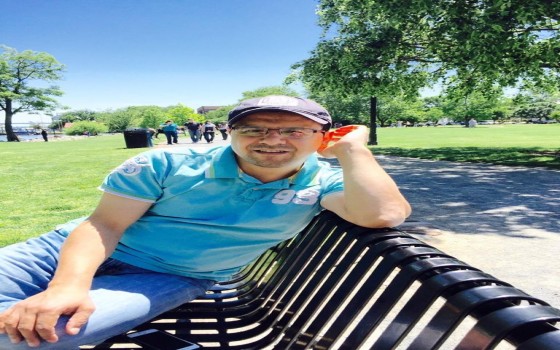
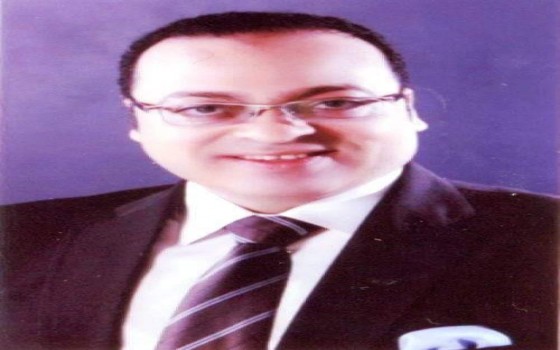
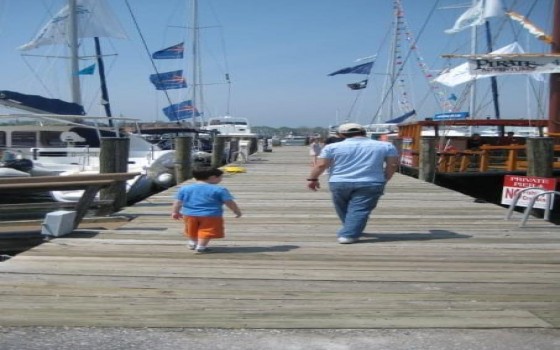
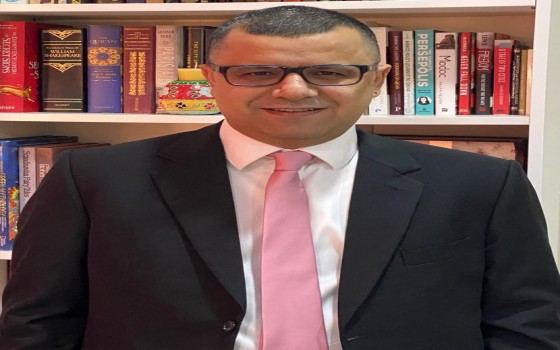
No Comments Found